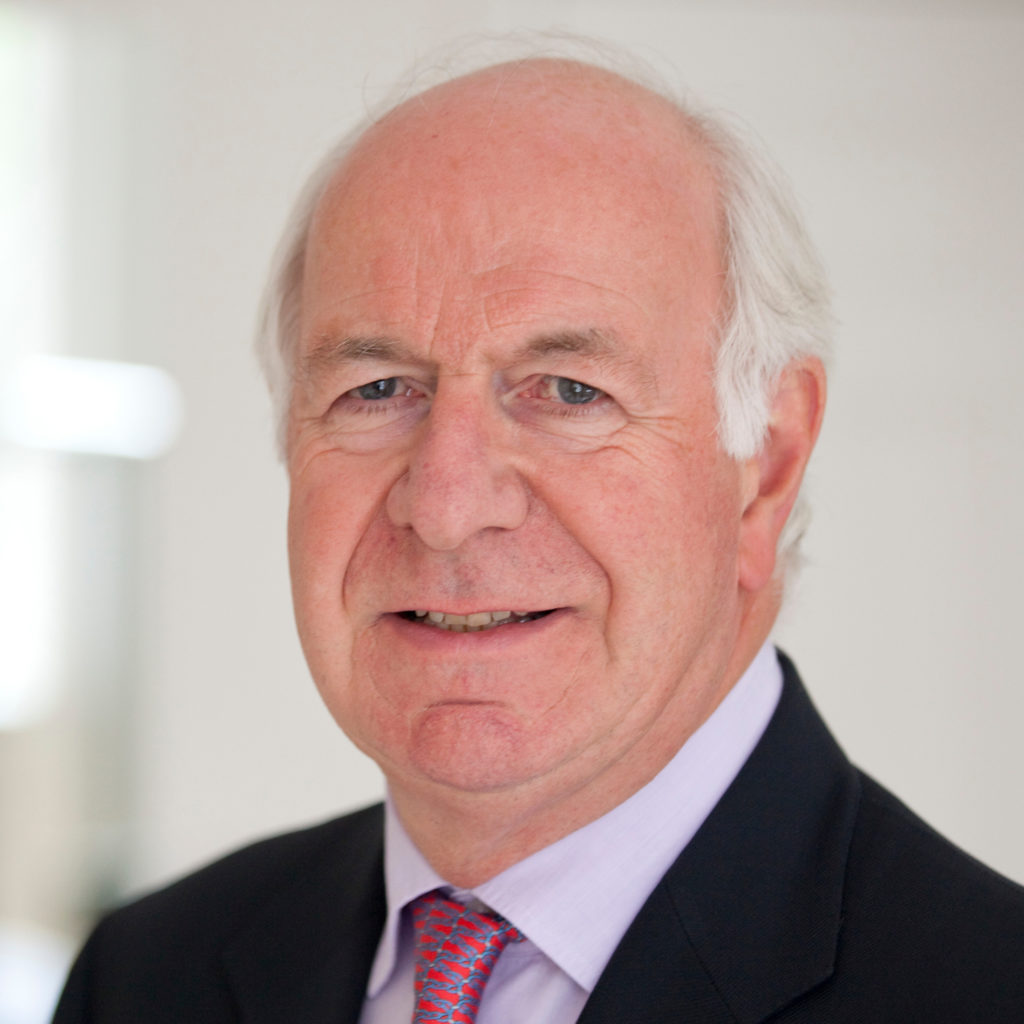medwireNews: Hydrocortisone granules provide a straightforward and accurate means of treating infants and young children with congenital adrenal hyperplasia (CAH), with the largest issue being weaning them off sweetened pharmacy-compounded powder, research shows.
Of the 18 patients recruited to the study, six withdrew, all because of “difficulties adapting from sweetened pharmacy-compounded powder to tasteless dry granules for the administration of the night-time dose”, report Uta Neumann (Charité Universitaetsmedizin Berlin, Germany) and co-researchers in The Journal of Clinical Endocrinology & Metabolism.
The children were less than 28 days to 6 years of age when they first switched from pharmacy-compound hydrocortisone to paediatric-specific granules, and they were followed up for up to 2.5 years (median 795 days).
There were no deaths, adrenal crises, or adverse events that were severe or led to withdrawal from the study. There were 193 adverse events overall, accounted for by the children experiencing multiple common childhood illnesses; no events were thought to be related to the treatment.
On 172 of these occasions, parents implemented sick-day dosing rules, although the team identified one patient with 42 incidences of sick-day dosing, caused by the parents dosing for non-specific abdominal pain and excitement.
Up to 43% of hydrocortisone doses used contained the 0.5 mg granule, depending on the age category and time of day given. Neumann and team comment that the greater accuracy possible with the granules allowed a reduction in the dose given – the median hydrocortisone dose was 11.4 mg/m2 at the start of the study, but had fallen to 9.7 mg/m2 by the end, which they note is “at the lower bound of the recommended dose range”.
Saliva samples, collected before 54% of study visits, showed the 17-hydroxyprogesterone (17-OHP) salivary profile was in range at all timepoints for 44% of cases, at two timepoints for 28%, one timepoint for 16% and none for 12%. Hydrocortisone doses were changed at 27% of visits – mostly based on salivary measurements, but in eight cases based on serum 17-OHP levels.
All of the 11 children who received hydrocortisone granules for at least 6 months had normal growth over this time, except for one child who also had congenital renal hypoplasia, accounting for their reduced growth rate.
Despite the fairly low dose of hydrocortisone used, “disease control remained good as demonstrated by normal growth and lack of pubertal development”, say the researchers.
They add: “This is the first prospective study in young children of stress dosing and adrenal crisis and demonstrates that children with [adrenal insufficiency] under 8 years of age encountered multiple intercurrent illnesses, however, despite the hydrocortisone dose being towards the lower end of the recommended dose range, no adrenal crises were seen during this period.”
The team concludes that “hydrocortisone granules are an effective treatment for childhood adrenal insufficiency providing the ability to accurately prescribe paediatric appropriate doses.”
By Eleanor McDermid
medwireNews is an independent medical news service provided by Springer Healthcare Ltd. © 2020 Springer Healthcare Ltd, part of the Springer Nature Group

